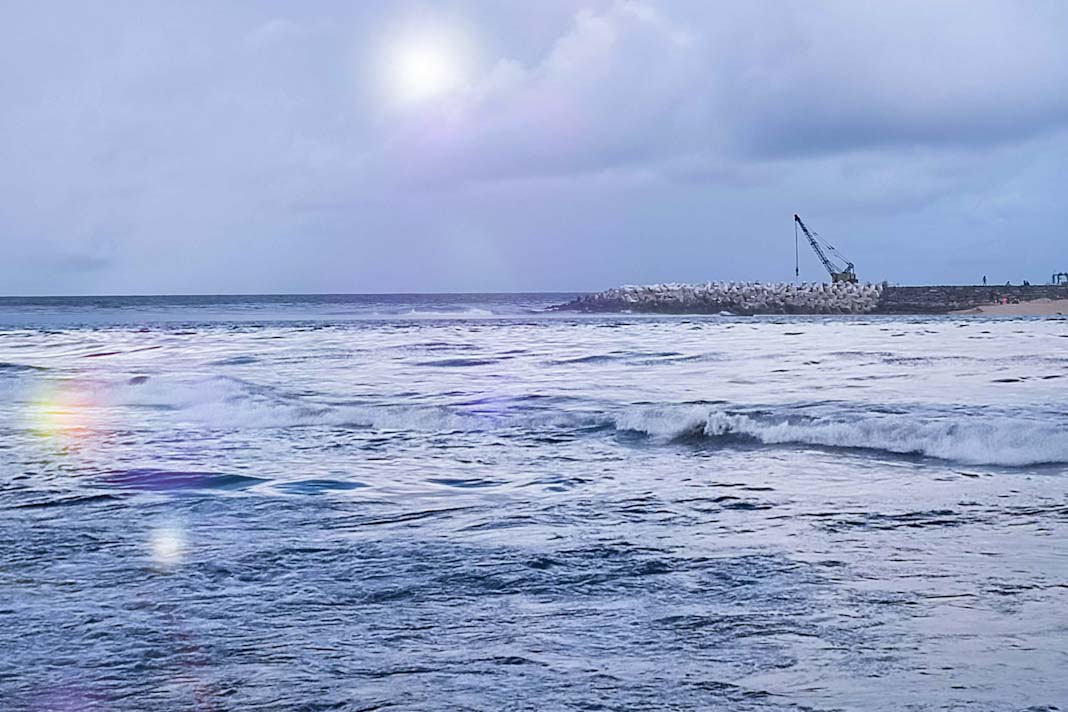- “K” LINE has begun using bio-LNG fuel for its car carrier OCEANUS HIGHWAY, supplied by Shell at the Port of Zeebrugge.
- The ISCC-EU-certified bio-LNG is made from renewable waste and has a carbon intensity below zero over its lifecycle.
- This initiative supports “K” LINE’s goal of achieving net-zero greenhouse gas emissions by 2050.
- The company is expanding its use of alternative fuels, including ammonia, hydrogen, and synthetic options, as part of its broader decarbonization strategy.
Japanese shipping company “K” LINE has marked a key milestone in its decarbonization efforts with the first use of bio-LNG fuel on its car carrier OCEANUS HIGHWAY. On June 16, 2025, the vessel was supplied with 500 tons of liquefied bio-methane (LBM) by Shell Western LNG B.V. at the Port of Zeebrugge, Belgium. This ISCC-EU certified bio-LNG, produced from renewable organic waste and residue, is reported to have a carbon intensity below zero across its lifecycle. As a drop-in fuel compatible with existing LNG systems, bio-LNG is viewed as a practical step toward lowering emissions in maritime transport, according to the announcement from K LINE.
Industry Collaboration Drives Progress Toward Decarbonization
Shell and “K” LINE have underscored the importance of collaboration in advancing the maritime sector’s transition to renewable fuels. Dexter Belmar, Vice President of Shell Downstream LNG, emphasized that bio-LNG is a practical and scalable solution already available for use, offering a clear path for reducing emissions. He highlighted the significance of working with forward-looking partners like “K” LINE to accelerate adoption and strengthen momentum across the industry.
Hiroto Arai, General Manager of the “K” LINE Environmental/Technical Strategy Group, echoed this sentiment, noting that the company’s introduction of bio-LNG fuel is a meaningful move toward its target of achieving net-zero greenhouse gas emissions by 2050. He also pointed to the strategic value of partnering with Shell in contributing to the broader shift toward renewable marine fuels. Both companies reaffirmed their commitment to supporting decarbonization efforts through ongoing innovation and cooperation.
Advancing Toward Net-Zero Goals Through Fuel Innovation
“K” LINE has outlined a clear environmental roadmap in its Environmental Vision 2050: Blue Seas for the Future, setting ambitious emissions targets that exceed global standards. The company aims to improve CO₂ emission efficiency by 50% by 2030 compared to 2008 levels—surpassing the IMO’s 40% goal—and achieve net-zero greenhouse gas emissions by 2050.
As part of its action plan, “K” LINE is prioritizing the adoption of alternative marine fuels with lower environmental impact. These include zero-emission options like ammonia and hydrogen, as well as carbon-neutral fuels such as bio-LNG and synthetic fuels.
This strategy aligns with international sustainability benchmarks, including the ISCC-EU certification, which ensures verified reductions in life cycle emissions and traceability across the fuel supply chain.
Did you subscribe to our Daily newsletter?
It’s Free! Click here to Subscribe!
Source: K LINE


















